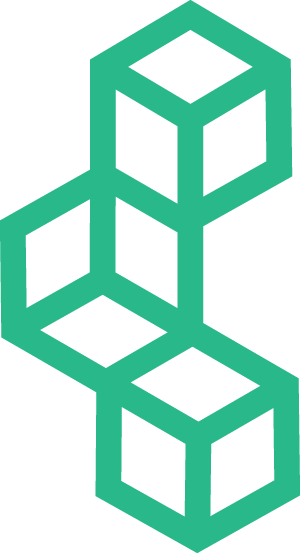Preventive maintenance is key for maintaining optimal operational conditions for your organization's physical assets. This typically involves regular inspections in order to detect and correct defaults and repair deficiencies before a breakdown occurs. Here we discuss 3 tips for improving your organization's preventive maintenance program.
1. Take Stock of the Current Program
Prior to implementing any new facility management and capital planning software, it is essential that your team evaluate the current preventive maintenance program. Take stock of its strengths and weaknesses to determine your organization’s most pressing needs. Some of the the factors to consider include preventive maintenance and work procedures, equipment history, inventory, and maintenance costs.
2. Plan, Measure, and Track
Start by setting benchmarks to measure maintenance performance and determine results. Key Performance Indicators (KPIs) give you the power to set and monitor operational goals.
Read our guide to getting your capital planning projects funded >
It is essential to develop these performance measures for your preventative maintenance program. Focus on measuring the amount of preventative maintenance work completed versus all other work. Ideally, the hours spent on preventative maintenance should be the highest percentage of all the department’s maintenance work.
Use your set KPIs to efficiently track and measure the items that are the most important to your department. Topics might include: time between failure, PM schedule compliance, unplanned maintenance, etc. Analyze these KPIs throughout the year in order to continually make improvements.
3. Be Data-Driven
Integrate tools into your program to obtain accurate data from your physical assets. This collected data can be stored and analyzed in your CMMS within the context of all other available information and can deliver powerful insights.
Data is key in helping facility managers determine the best approach to motivating supervisors and technicians to stay on track with a high-functioning preventative maintenance program.
Conclusion
The implementation of a preventive maintenance program is a proven strategy and is far less expensive than unplanned interventions.
Ideally a successful preventive maintenance program will extend the life of valuable physical assets by predicting failures.
Your facilities assets will wear over time, which is why it is so essential to understand that preventive replacement prior to failure is far more cost efficient than waiting for the potential consequences of a failure in service.
Want to learn more?


